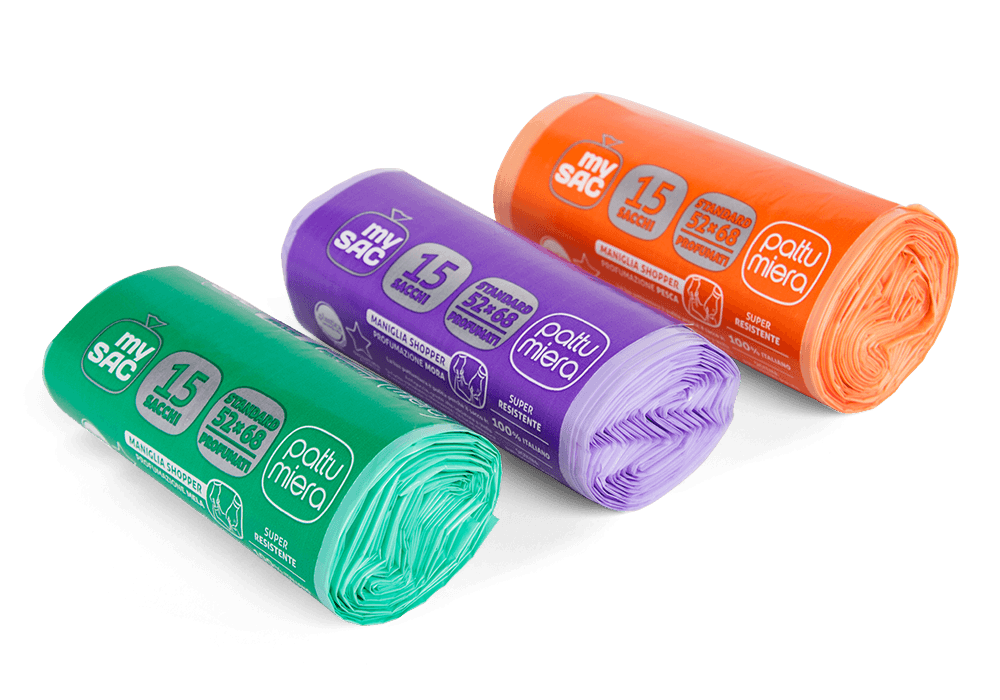
Wearables can be devices attached to the human body that track or monitor various physical and biological parameters. This can include sleep, heartbeat, temperature, blood glucose, blood pressure or even breathing. The devices may be worn or embedded in clothing, or tattooed directly onto our skin.
Wearable technology has become a standard in consumers' lives as a means to monitor and track their health. Wearable technology has become an important tool for improving productivity in businesses.
Wearables have grown in popularity over the past few years. More people are embracing the idea to monitor their health and vitals. These devices are proving to be valuable in the healthcare industry, as they improve patient outcomes and reduce staff workload.

Some of the most popular wearables are smartwatches and fitness trackers, which have a wide variety of features to suit different lifestyles. Some of these features include heart rate monitoring, sleep monitoring as well as water resistance or swim tracking. They can send notifications via phone and offer a 7-day battery.
Some wearables are made to alert people in an emergency situation, like a bracelet or pendant that warns of danger. The alarm buttons can be programmed to send pre-recorded messages or texts. They can also be used to pinpoint the location of a person, making them ideal in situations where they are worried about safety.
Some wearables are designed to treat specific medical conditions. One example is a wearable headset for insomnia, which uses cognitive-behavioural therapy to assist you in falling asleep. This is different from traditional medications that offer only short-term pain relief.
Many studies have been carried out to discover the best uses of wearables within clinical settings. The ones that are most successful include those that combine health behavior model, personalized coaching and supportive, integration with the healthcare system, as well as alignment with reimbursement models. It is clear that there are still many questions to answer about how these technologies should be implemented.

Unreliability is one of the main challenges that these technologies face, particularly when it comes time to read blood pressure and sugar levels. This is particularly dangerous if someone with diabetes uses the device as a way to monitor and manage their condition.
Wearables also have a big impact in the military. They are used for tracking soldiers' vitals and simulated exercises, and to monitor their gear weight and terrain. Sports teams are using them to improve performance and help athletes stay fit.
Wearables are also being used by the healthcare industry to reduce readmissions and hospital visits. They promote healthier lifestyles which have shown to increase employee productivity, reduce healthcare costs, as well as lower turnover rates.